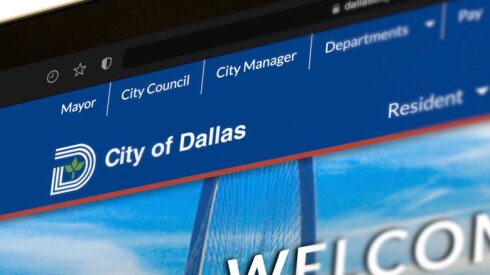Wayne County, Mich., nearly filed for bankruptcy in 2014. It just posted its tenth budget surplus in a row.
Latest News
Trending Topics
Stresses on urban communities continue to affect housing, food security, child services, homelessness, business development and crime. Coverage includes stories about new solutions to how cities are run, how they develop as urban centers and about the people who live there.
Polarized politics has changed the dynamics of legislation and policymaking at the state and local level. Political parties with supermajorities are increasingly in control in many states and cities. These stories explain what that means for legislators, governors and mayors and how politicians can navigate this new political landscape.
State and local governments face a tight labor market and a competitive disadvantage with the private sector. But salaries aren’t the only issue, with cities, counties and states all grappling with training, retention, remote work and increased union activity.
This coverage will look at how public leaders establish new policies in a range of crucial areas of government – health, education, public safety, for example – and how these policies impact people’s lives through better services, effective regulations and new programs. This will include stories examining how state and local government approaches policymaking around emerging areas, including artificial intelligence.
Fiscal and ridership changes are impacting transportation policies at the state and local levels. These articles focus on innovative and successful transit planning, funding and upkeep for intercity and commuter rail, electric vehicles, mass transit and more.
Most Read
Cook County, Ill., has launched an innovative dashboard mapping certain deaths by cause — gun violence, opioids and extreme weather — to reveal hidden patterns and direct resources where they're most needed.
Voting reform advocates say ranked-choice voting will give voters more voice in their elections. But clerks of small counties worry that any advantages will be undermined by more cost and confusion.
Our Opinion Writers
-
Duluth Area Chamber of Commerce Vice President Daniel Fanning, regarding a new Minnesota state law that provides job protections and partial wage replacement to qualifying workers at any size business who may need to take up to 12 weeks of leave to care for themselves or a family member. Small businesses are primarily concerned about how paying for the program may impact their bottom lines in today’s economy. Minnesota will become the 13th state to implement a statewide paid family and medical leave program when the law goes into effect on Jan. 1, 2026. (Duluth News Tribune — Oct. 8, 2024)
From Our Partners





















